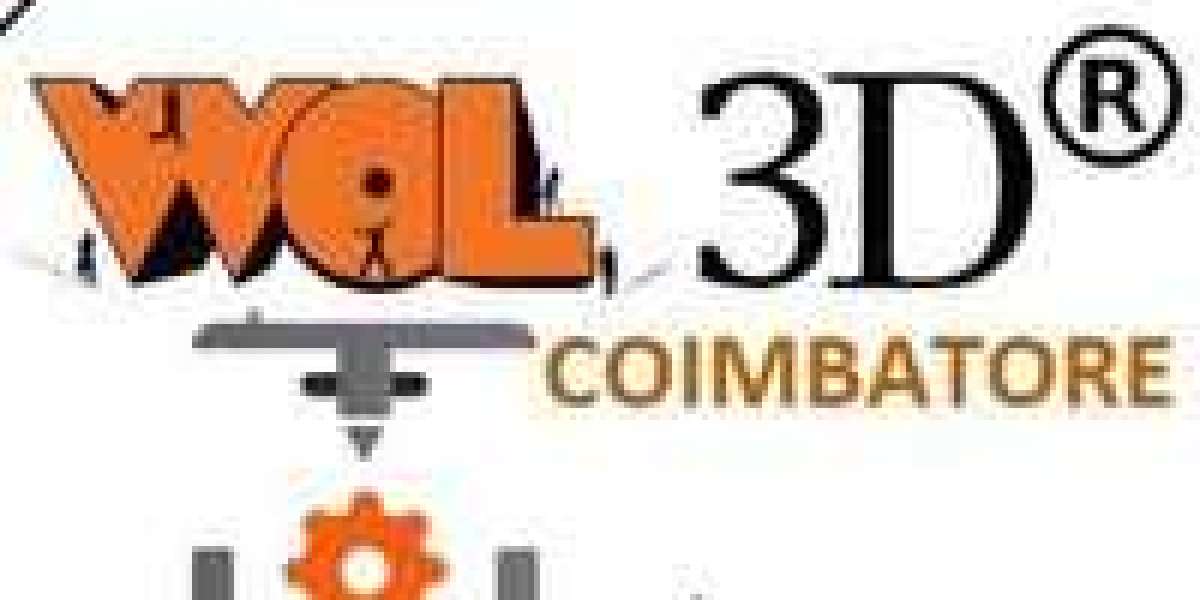The Evolution of Tablet EKG Machines in Healthcare
The healthcare industry has witnessed significant advancements over the years, and one of the most notable innovations is the evolution of tablet EKG machines. These portable devices have revolutionized the way electrocardiograms (EKGs) are conducted, making it easier for healthcare professionals to monitor and diagnose heart conditions. This article delves into the journey of tablet EKG machines, highlighting their impact on healthcare and the future potential they hold.
From Bulky Machines to Portable Tablets
In the early days, EKG machines were large, cumbersome devices that required a dedicated space in medical facilities. These machines were not only expensive but also difficult to transport, limiting their use to hospitals and specialized clinics. However, with the advent of technology, the size and functionality of EKG machines have drastically changed. The introduction of tablet EKG machines marked a significant milestone, offering a compact and portable solution for cardiac monitoring.
Tablet EKG machines are lightweight and easy to carry, allowing healthcare providers to perform EKGs in various settings, including patients' homes, remote areas, and even during emergencies. This portability has enhanced the accessibility of cardiac care, ensuring that more patients receive timely and accurate diagnoses.
Technological Advancements and Improved Accuracy
The evolution of tablet EKG machines is closely tied to advancements in technology. Modern tablet EKG devices are equipped with high-resolution touchscreens, wireless connectivity, and advanced software that enhances their functionality. These features enable healthcare professionals to obtain precise and reliable EKG readings, which are crucial for diagnosing heart conditions.
Moreover, the integration of artificial intelligence (AI) and machine learning algorithms in tablet EKG machines has further improved their accuracy. AI-powered EKG devices can analyze complex cardiac data, identify patterns, and provide real-time insights, assisting doctors in making informed decisions. This technological leap has not only streamlined the diagnostic process but also reduced the margin of error, ultimately improving patient outcomes.
Enhanced Patient Experience and Convenience
One of the significant benefits of tablet EKG machines is the enhanced patient experience they offer. Traditional EKG procedures often involved uncomfortable and time-consuming processes, causing anxiety and discomfort for patients. In contrast, tablet EKG machines provide a more convenient and less invasive alternative.
Patients can now undergo EKG tests in the comfort of their homes, eliminating the need for frequent visits to medical facilities. This convenience is particularly beneficial for elderly patients and those with mobility issues. Additionally, the quick and efficient nature of tablet EKG machines ensures that patients receive prompt results, reducing the waiting time and alleviating stress.
The Future of Tablet EKG Machines in Healthcare
The evolution of tablet EKG machines in healthcare is far from over. As technology continues to advance, we can expect further innovations that will enhance the capabilities and applications of these devices. For instance, the integration of telemedicine platforms with tablet EKG machines can facilitate remote consultations, enabling doctors to monitor patients' heart health from a distance.
Furthermore, the development of more sophisticated AI algorithms will enhance the diagnostic accuracy and predictive capabilities of tablet EKG machines. This will enable early detection of potential heart issues, allowing for timely interventions and preventive measures. The future of tablet EKG machines holds immense potential, promising to revolutionize cardiac care and improve patient outcomes on a global scale.
Conclusion
The evolution of tablet ekg machines in healthcare has transformed the landscape of cardiac monitoring and diagnosis. From bulky machines to portable tablets, these devices have become more accessible, accurate, and convenient for both healthcare providers and patients. As technology continues to advance, the future of tablet EKG machines looks promising, with the potential to further revolutionize healthcare and improve patient outcomes worldwide.








